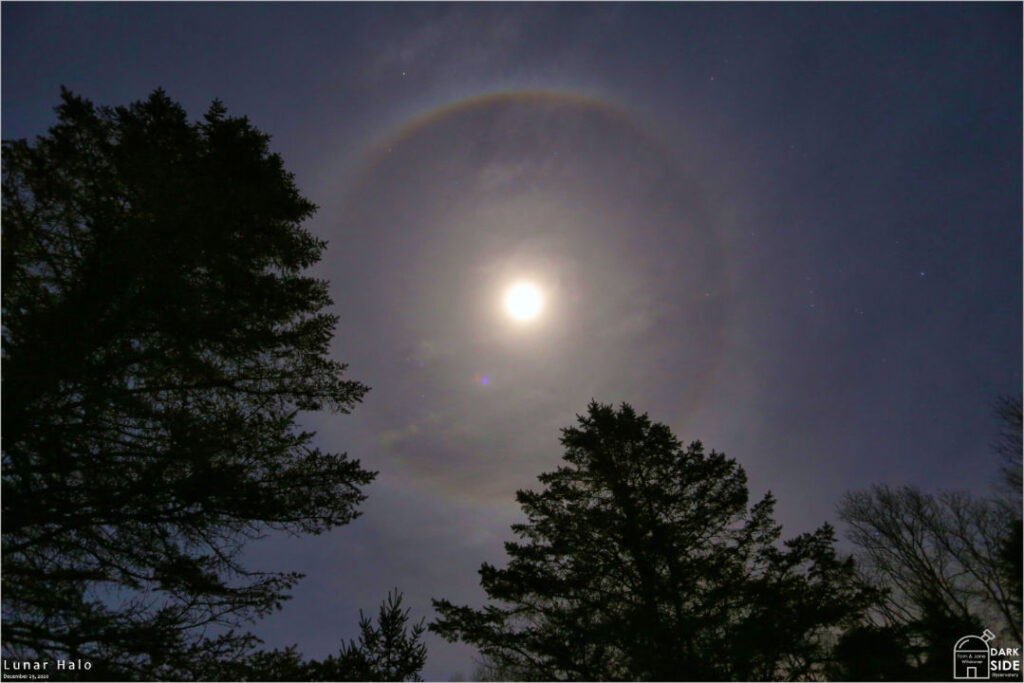Note: If you wish to receive, via e-mail, (1) my weekly newsletter or (2) daily copies of these posts, write to me at [email protected]. Comments may also be sent to this address. I promise not to share your e-mail with anyone. To unsubscribe, write here as well.
Monday
As I keep up with developments of Donald Trump’s election interference trial, I am struck by those former members of his inner circle who have escaped. Michael Cohen, who may testify against him this week, seems much more comfortable with himself now that he is no longer serving as Trump’s fixer, bully, and enforcer.
In contrast, I think of all those, some with ivy league educations, who continue to sell their souls to support the Trump cult, figures like Elise Stefanik, Ted Cruz, Josh Hawley, Lindsey Graham, and J.D. Vance. And this brings me to Henry Vaughan’s poem “The World.”
It’s a religious poem but today I read it in a non-religious way, just as one can appreciate Dante’s Divine Comedy, Doctor Faustus, and other soul-selling dramas even if one doesn’t believe in God or an afterlife.
Granted, these works can certainly be read as warnings that God will punish us if we’re bad, but there is much more to them than this. Think of them also as psychological accounts of what happens to us when, for the sake of power and other gratifications, we abandon integrity, truth-telling, compassion, morality, and common decency. In other words, I see them more as descriptions rather than prescriptions. When we acquire, say, power by dubious means, we may experience a short-term high, but the end result is a hollowing out that blocks our way to true contentment.
Or as Henry Vaughan puts it,
O fools (said I) thus to prefer dark night
Before true light,
To live in grots and caves, and hate the day…
When Vaughan writes, in the opening line, “I saw Eternity the other night, /Like a great ring of pure and endless light,/ All calm, as it was bright,” I see him as envisioning a peace that passes all understanding. It is a peace not available to all the tortured souls that Vaughan describes in his poem.
Among these are those driven by sexual lust, by hunger for power, by avarice, shallow gratification, and consumerism (“trivial wares enslave”). For present purposes, let’s look at the power-hungry statesman, who is “hung with weights and woe” and works underground to “clutch his prey.” His actions have cast an eclipse upon his soul as he feeds off of corruption and lies. “It rain’d about him blood and tears,” Vaughan tells us, and “he drank them as free.”
Here’s the poem:
The World
By Henry Vaughan
I saw Eternity the other night,
Like a great ring of pure and endless light,
All calm, as it was bright;
And round beneath it, Time in hours, days, years,
Driv’n by the spheres
Like a vast shadow mov’d; in which the world
And all her train were hurl’d.
The doting lover in his quaintest strain
Did there complain;
Near him, his lute, his fancy, and his flights,
Wit’s sour delights,
With gloves, and knots, the silly snares of pleasure,
Yet his dear treasure
All scatter’d lay, while he his eyes did pour
Upon a flow’r.
The darksome statesman hung with weights and woe,
Like a thick midnight-fog mov’d there so slow,
He did not stay, nor go;
Condemning thoughts (like sad eclipses) scowl
Upon his soul,
And clouds of crying witnesses without
Pursued him with one shout.
Yet digg’d the mole, and lest his ways be found,
Work’d under ground,
Where he did clutch his prey; but one did see
That policy;
Churches and altars fed him; perjuries
Were gnats and flies;
It rain’d about him blood and tears, but he
Drank them as free.
The fearful miser on a heap of rust
Sate pining all his life there, did scarce trust
His own hands with the dust,
Yet would not place one piece above, but lives
In fear of thieves;
Thousands there were as frantic as himself,
And hugg’d each one his pelf;
The downright epicure plac’d heav’n in sense,
And scorn’d pretence,
While others, slipp’d into a wide excess,
Said little less;
The weaker sort slight, trivial wares enslave,
Who think them brave;
And poor despised Truth sate counting by
Their victory.
Yet some, who all this while did weep and sing,
And sing, and weep, soar’d up into the ring;
But most would use no wing.
O fools (said I) thus to prefer dark night
Before true light,
To live in grots and caves, and hate the day
Because it shews the way,
The way, which from this dead and dark abode
Leads up to God,
A way where you might tread the sun, and be
More bright than he.
But as I did their madness so discuss
One whisper’d thus,
“This ring the Bridegroom did for none provide,
But for his bride.”
Those who have pulled free of Trumpism’s “dead and dark abode” find themselves breathing easier, no longer forced to twist themselves into soul-wrenching rationalizations for his behavior. Whether or not they feel that they are treading the sun, their step is lighter. They have moved beyond the madness.
My only quarrel with the poem is the final contention that such enlightenment is only available to the elect, who according to Calvinist doctrine have been pre-chosen by God while everyone else is headed for hell. I go rather with Vaughan’s initial impulse, that we all have it within us to prefer virtue over vice, despite sin’s attractions. Whatever short-term gratification comes from perpetual rage, we don’t have to be trapped by our resentment. We all of us can choose otherwise.
And I think Vaughan believes this as well, despite the whispering. After all, why write the poem at all if we cannot escape the madness? He’s giving us a chance to tread the paths of righteousness.
